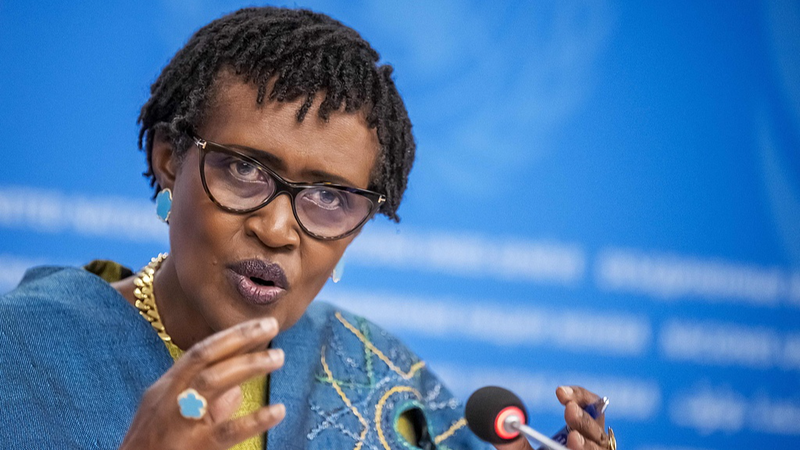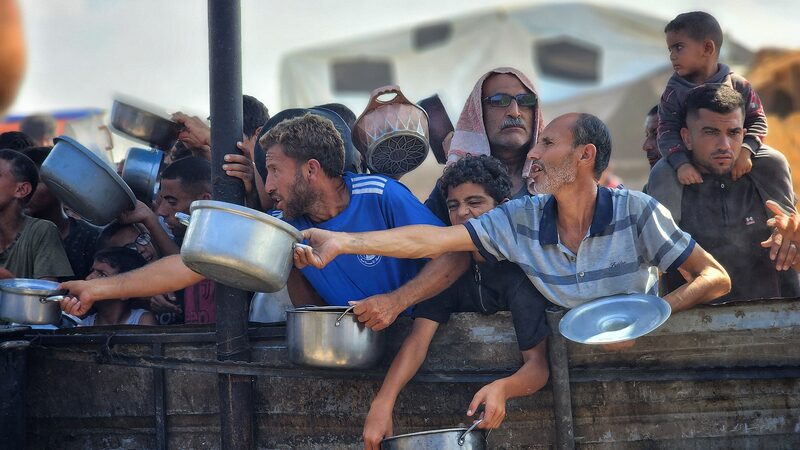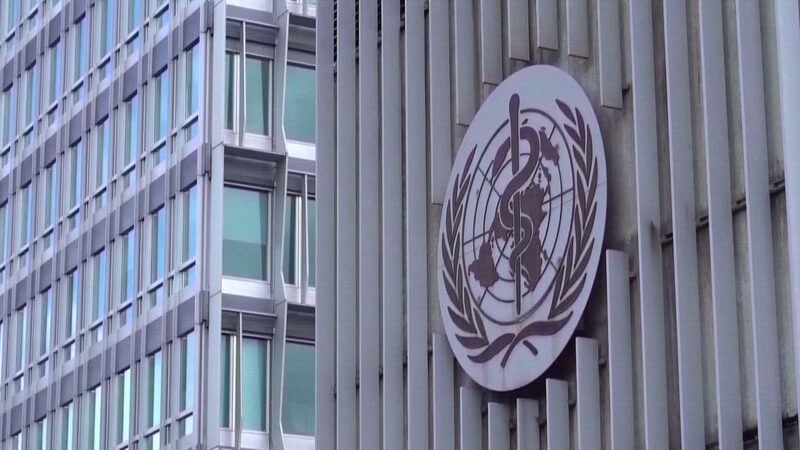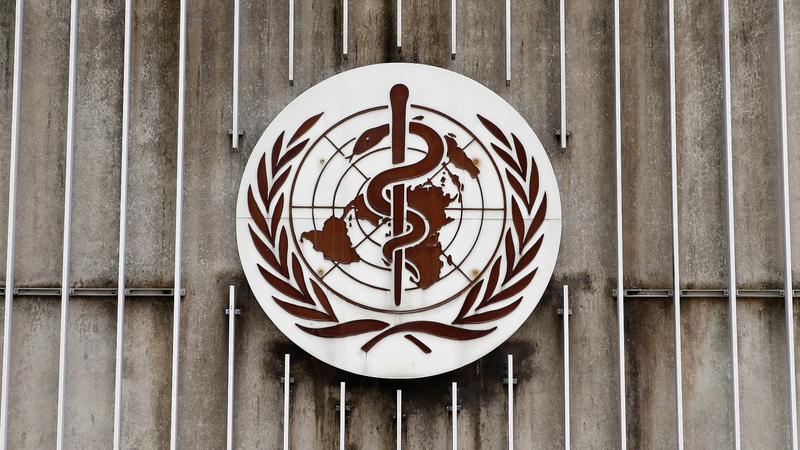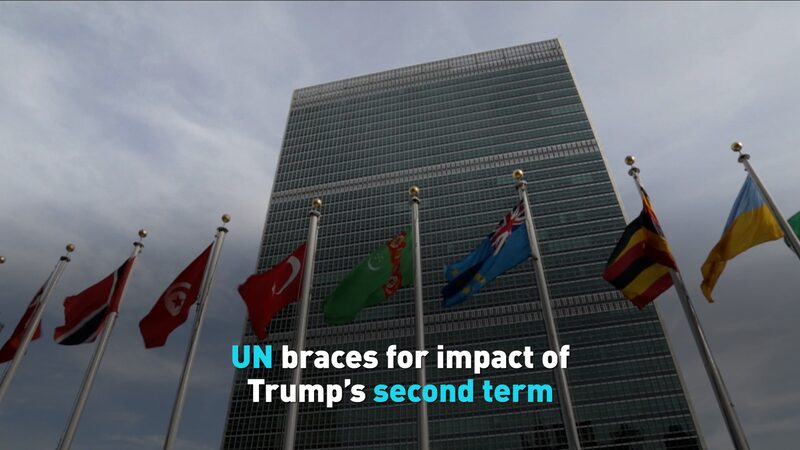A new UNAIDS report released this week reveals alarming setbacks in the global fight against HIV, with 2025 funding cuts threatening to reverse decades of progress. The report, titled "Overcoming Disruption, Transforming the AIDS Response," warns that reduced international health assistance could lead to 3.3 million new HIV infections by 2030 if urgent action isn't taken.
Prevention programs have suffered the most severe blows, according to the data. Critical services like medical male circumcision and youth-focused initiatives have been scaled back dramatically, leaving millions without protection. The Organization for Economic Cooperation and Development estimates a 30-40% drop in external health funding this year compared to 2023 levels, crippling low- and middle-income countries' healthcare systems.
With 9.2 million people still lacking access to treatment and 1.3 million new infections reported in 2024, UNAIDS Executive Director Winnie Byanyima emphasized the stakes: "Millions of lives depend on the choices we make today." The agency is calling for renewed investment in community-led solutions and innovation ahead of World AIDS Day on December 1.
As governments prepare to review their commitments next week, the report underscores the need for $29 billion annually by 2025 to meet global targets. Researchers warn that failure to bridge this gap could destabilize public health systems across Asia and Africa, where 67% of new infections occur.
Reference(s):
cgtn.com
